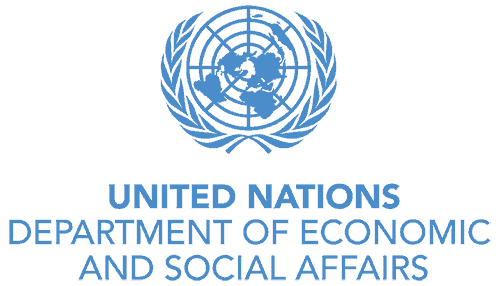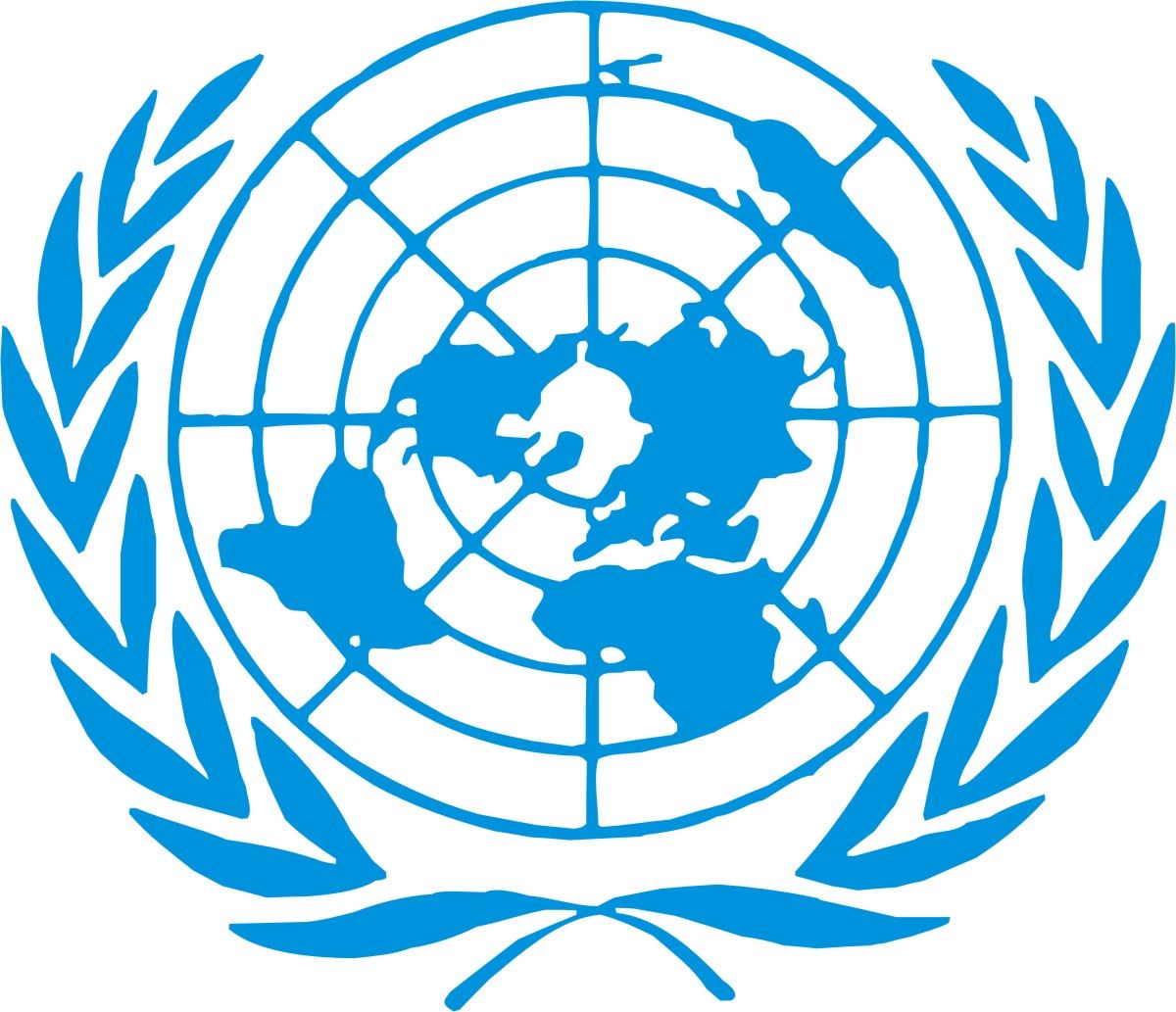Location
The United Nations Economic and Social Council (ECOSOC; French: Conseil économique et social des Nations unies, CESNU) is one of the six principal organs of the United Nations, responsible for coordinating the economic and social fields of the organisation, specifically in regards to the 15 specialised agencies, the eight functional commissions and the five regional commissions under its jurisdiction.
The Council serves as the central forum for discussing international economic and social issues and formulating policy recommendations addressed to member states and the United Nations system. A number of non-governmental organisations have been granted consultative status to the Council to participate in the work of the United Nations.
Members:
Resources
Displaying 36 - 40 of 224Report on an advisory mission to Swaziland on measures for improving the national system for monitoring and evaluating agricultural and rural development projects
The project identification, preparation, appraisal and loan negotiation capabilities of the Research and Planning Section of the MOAC should be further strengthened preferably with technical assistance from outside.
Production Subsidy and Food Self- Sufficiency in Africa
The establishment of a self-sustaining process of economic growth and development is the internal affair of Africa. The continent's on-going economic crisis is rooted in major problems of mass poverty food shortage, low productive base and backward technology. Production subsidies continue to be one of the most potentially useful tool for attaining the food self-sufficiency goal of Africa. The purpose of this report is to examine the role that agriculture production subsidies can play in the goal of attaining food self sufficiency in Africa.
Popularization and application of available and suitable technologies to increase food production in Africa
The population of African countries is likely to double over the next twenty years. How will these nations be able to feed themselves if a substantial part of their food has to be imported, especially as most of these countries also have to import their energy? This is the real of challenge facing African countries at the close of this century.
Draft report
This paper is a draft report on the Ad Hoc Committee on the Draft Medium Term Plan.
Report on inter-state co-operation with respect to the production and distribution of agricultural inputs
Prom several converging estimates, world's population is expected to reach 6.1 billion by the year 2000 or 1.7 billion more than in 1980. Most of the increase in population will be generated by developing countries in general and by African countries in particular. This means there will have to be a substantial increase in world food production of at least 50 percent.



